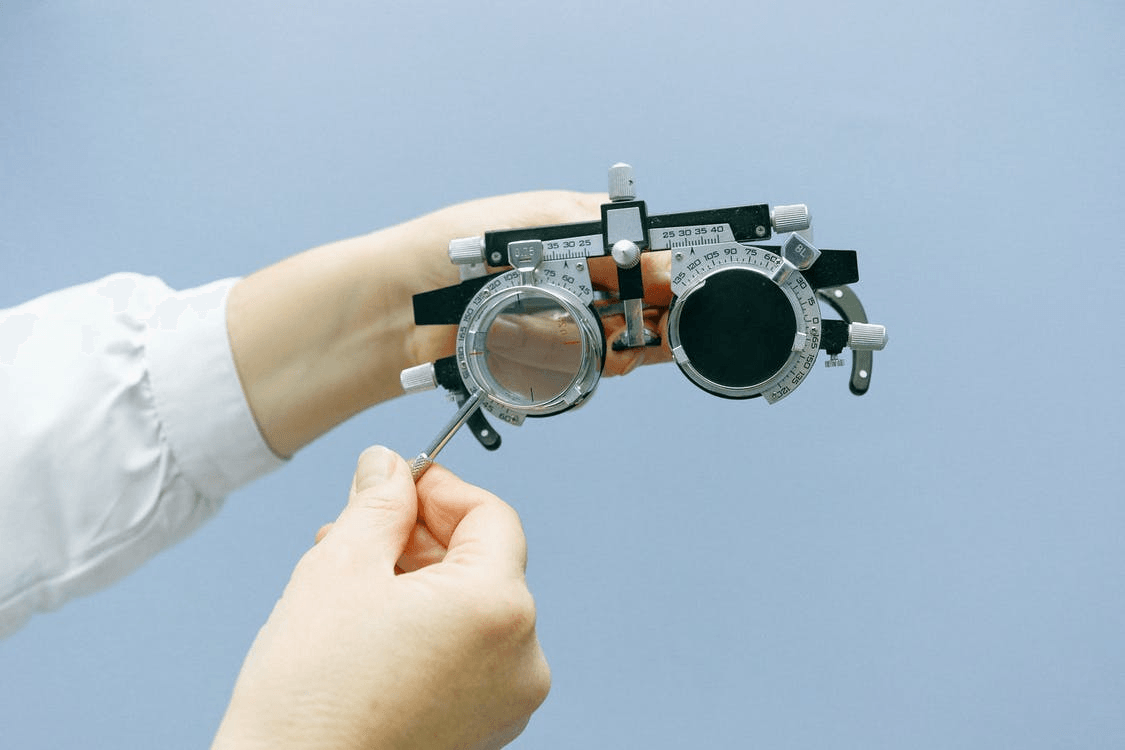Difference Between Ophthalmologists, Optometrists, and Opticians

You may have often heard someone mention going to an optician or an ophthalmologist and wondered what they meant.
Many people often use the terms ophthalmologist, optometrist, and optician interchangeably, and this can also be confusing. While they all work in the field of optics and may seem similar, there are clear distinctions between these professionals.
Let's discuss these professions, what they do, and why you may need them to clear out any misunderstandings you may have about them.
Difference Between Ophthalmologists, Optometrists, and Opticians
Here are brief explanations of ophthalmologists, optometrists, and opticians to help you understand the difference between these professions.
· Ophthalmologists
An Ophthalmologist is a medical doctor with a full medical degree and specialization in eye surgery. They are licensed professionals who perform surgical eye procedures on patients who need them. They go through an extensive residency program in ophthalmology to become an Ophthalmologist.
They can test, diagnose, and treat all eye problems. However, their training will dictate the extensive eye surgeries they can perform. A fully-trained ophthalmologist is capable of performing any eye surgery.
An ophthalmologist has the highest level of education, training, and overall expertise in eye care.
· Optometrists
An optometrist, also known as an ophthalmic optician, is a primary health care specialist, trained to diagnose ocular diseases, abnormalities, vision issues, and injuries. An optometrist is a health care provider for routine eye care.
They study a specialist program in optometry, which includes clinical training, to become optometrists. You may visit them for routine eye exams, diagnosis of eye problems, prescriptions for visual aids, medical treatments, and minor surgical procedures.
They can prescribe ophthalmic lenses and medication to treat most eye conditions. While they are licensed to perform some eye surgeries, they cannot perform major eye surgery or treat serious eye conditions like an ophthalmologist.
· Opticians
An optician is a professional who provides ophthalmic lenses to patients and fits them in frames for use. They are the customer service representative in an optometrist's office or ophthalmic lens store.
An optician does not need a formal degree; however, training, certification, or an associate's program in ophthalmic dispensing is typical. Ophthalmologists and optometrists can also certify an optician through apprenticeship under their practice.
You may visit them for routine eye care and examination, adjustment, and refilling of prescription ophthalmic lenses. They can also impart eye care education; however, they cannot examine, diagnose, or treat any eye diseases.
Conclusion
Hopefully, the descriptions provided here help you understand the difference between ophthalmologists, optometrists, and opticians, what they do, and how they can help you. While you can visit an ophthalmologist for all the things you would visit an optometrist or an optician for, they are mostly focused on eye surgery and eye diseases.
Unless you need extensive eye surgery, have serious eye problems, or have been recommended to an ophthalmologist, you can get most of your eye care solutions from optometrists and opticians.
If you want to learn more about the difference between ophthalmologists, optometrists, and opticians or the best ophthalmic lens solutions for yourself or your business, please visit our website today.




